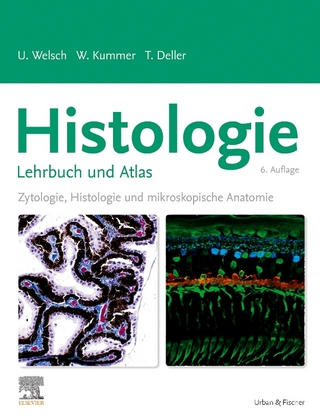
The Biopolitics of Embryos and Alphabets
A Reproductive History of the Nonhuman
Seiten
2017
Oxford University Press Inc (Verlag)
978-0-19-063835-1 (ISBN)
Oxford University Press Inc (Verlag)
978-0-19-063835-1 (ISBN)
In recent decades there has been an explosion in work in the social and physical sciences describing the similarities between human and nonhuman as well as human and non-animal thinking. This work has explicitly decentered the brain as the sole, self-contained space of thought, and it has found thinking to be an activity that operates not only across bodies but also across bodily or cellular membranes, as well as multifaceted organic and inorganic environments. For example, researchers have looked at the replication and spread of slime molds (playfully asking what would happen if they colonized the earth) to suggest that they exhibit 'smart behavior' in the way they move as a potential way of considering the spread of disease across the globe. Other scholars have applied this model of non-human thought to the reach of data mining and global surveillance.
In The Biopolitics of Alphabets and Embryos, Ruth Miller argues that these types of phenomena are also useful models for thinking about the growth, reproduction, and spread of political thought and democratic processes. Giving slime, data and unbounded entities their political dues, Miller stresses their thinking power and political significance and thus challenges the anthropocentrism of mainstream democratic theories. Miller emphasizes the non-human as highly organized, systemic and productive of democratic growth and replication. She examines developments such as global surveillance, embryonic stem cell research, and cloning, which have been characterized as threats to the privacy, dignity, and integrity of the rational, maximizing and freedom-loving democratic citizen. By shifting her level of analysis from the politics of self-determining subjects to the realm of material environments and information systems, Miller asks what might happen if these alternative, nonhuman thought processes become the normative thought processes of democratic engagement.
In The Biopolitics of Alphabets and Embryos, Ruth Miller argues that these types of phenomena are also useful models for thinking about the growth, reproduction, and spread of political thought and democratic processes. Giving slime, data and unbounded entities their political dues, Miller stresses their thinking power and political significance and thus challenges the anthropocentrism of mainstream democratic theories. Miller emphasizes the non-human as highly organized, systemic and productive of democratic growth and replication. She examines developments such as global surveillance, embryonic stem cell research, and cloning, which have been characterized as threats to the privacy, dignity, and integrity of the rational, maximizing and freedom-loving democratic citizen. By shifting her level of analysis from the politics of self-determining subjects to the realm of material environments and information systems, Miller asks what might happen if these alternative, nonhuman thought processes become the normative thought processes of democratic engagement.
Ruth Miller is Professor of History at University of Massachusetts Boston. She is the author of Snarl: In Defense of Stalled Traffic and Faulty Networks, Seven Stories of Threatening Speech: Womens Suffrage Meets Machine Code, and Law in Crisis: The Ecstatic Subject of Natural Disaster.
Table of Contents
Introduction
Chapter 1: Feminist Theory and the Politics of Life
Chapter 2: Nonhuman Nostalgia
Chapter 3: Embryos
Chapter 4: Alphabets
Conclusion
Notes
Bibliography
Index
| Erscheinungsdatum | 29.01.2018 |
|---|---|
| Verlagsort | New York |
| Sprache | englisch |
| Maße | 236 x 160 mm |
| Gewicht | 471 g |
| Themenwelt | Medizin / Pharmazie ► Medizinische Fachgebiete ► Mikrobiologie / Infektologie / Reisemedizin |
| Studium ► 1. Studienabschnitt (Vorklinik) ► Histologie / Embryologie | |
| Studium ► Querschnittsbereiche ► Geschichte / Ethik der Medizin | |
| Naturwissenschaften ► Biologie | |
| Sozialwissenschaften ► Politik / Verwaltung ► Politische Theorie | |
| Sozialwissenschaften ► Soziologie | |
| Technik ► Umwelttechnik / Biotechnologie | |
| ISBN-10 | 0-19-063835-4 / 0190638354 |
| ISBN-13 | 978-0-19-063835-1 / 9780190638351 |
| Zustand | Neuware |
| Informationen gemäß Produktsicherheitsverordnung (GPSR) | |
| Haben Sie eine Frage zum Produkt? |
Mehr entdecken
aus dem Bereich
aus dem Bereich
Zytologie, Histologie und mikroskopische Anatomie
Buch | Hardcover (2022)
Urban & Fischer in Elsevier (Verlag)
54,00 €


